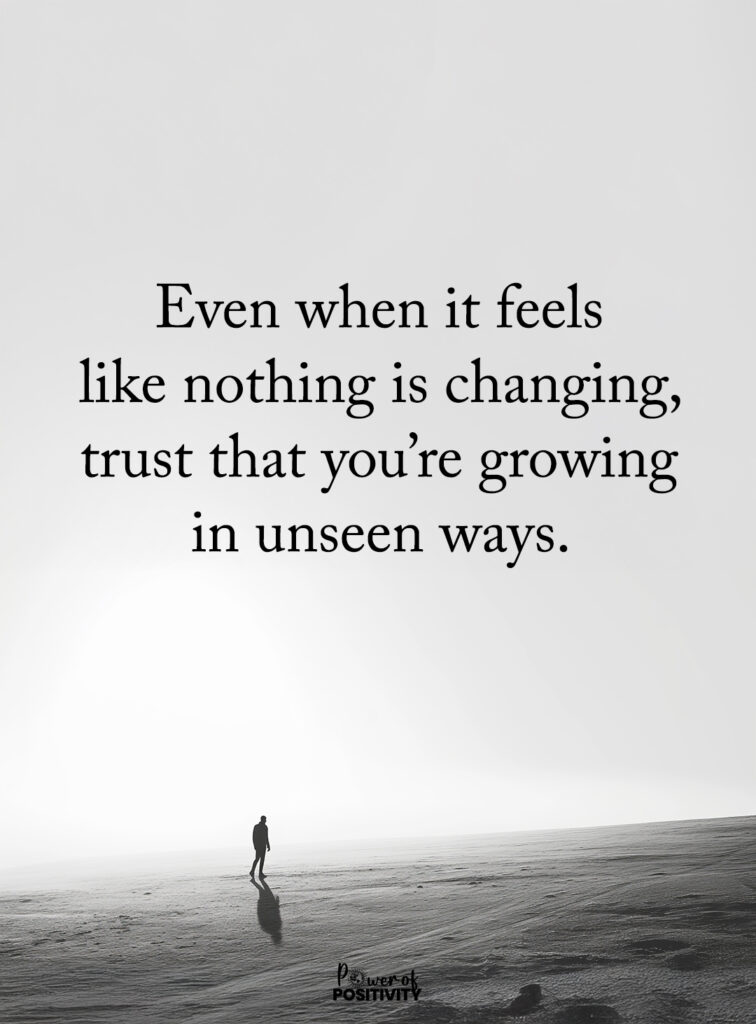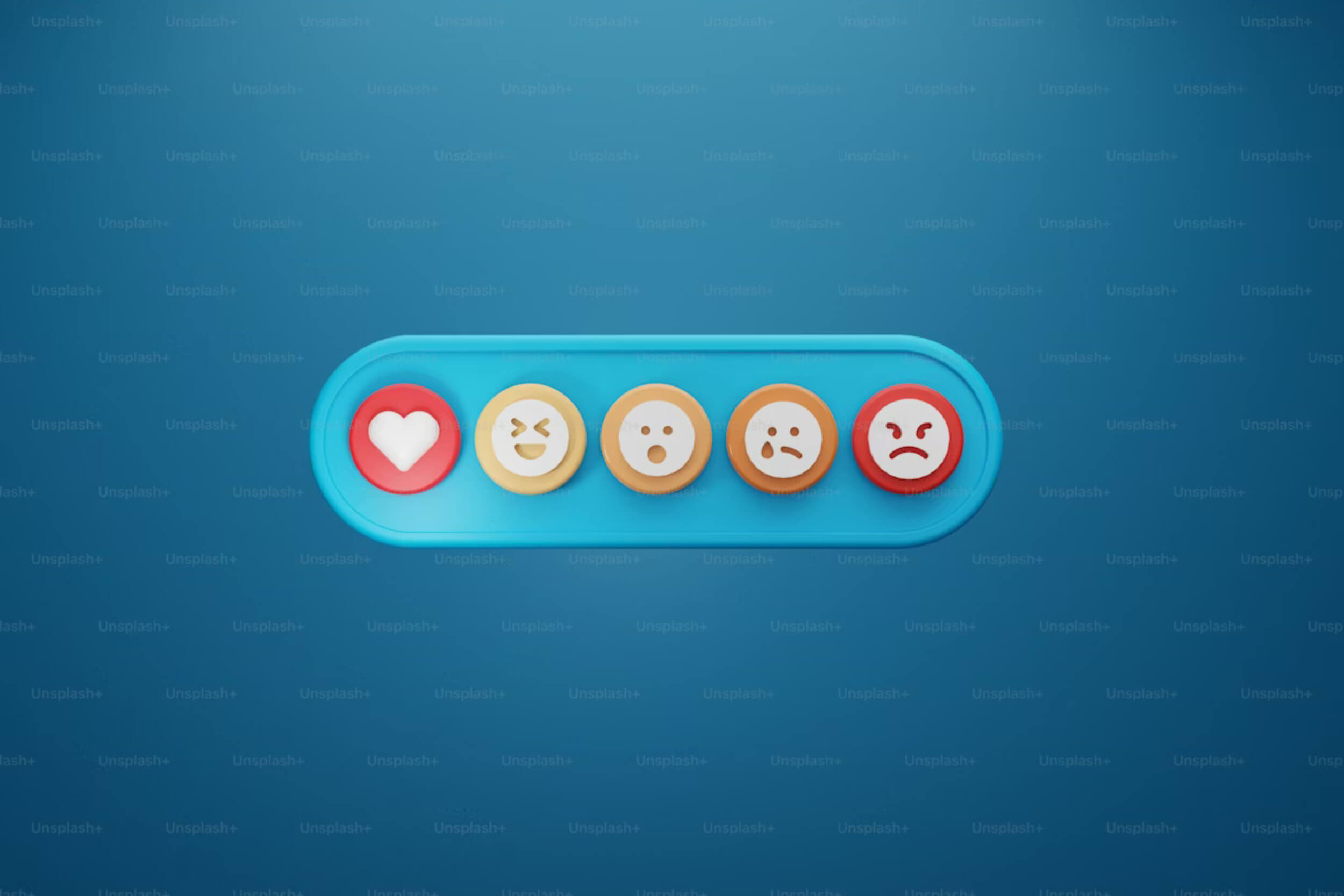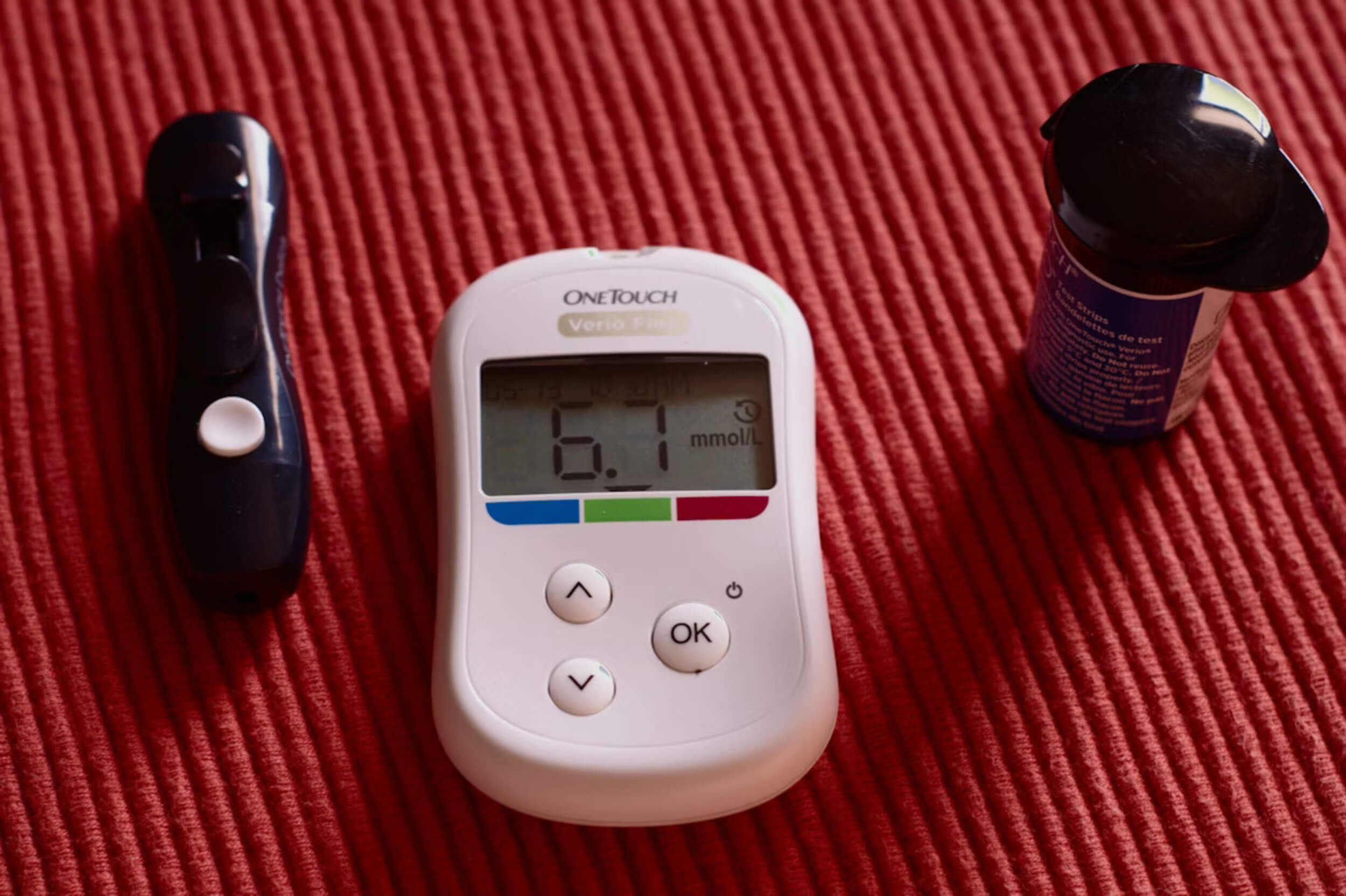No one really tells you how personal feeding your baby can feel. It’s not just about milk — it’s about pressure, plans that change, and the quiet hopes you carry as a new mom.
Some people make it seem like breastfeeding should come naturally. But when it doesn’t, it can feel like something’s wrong with you. That’s not true. Not every mom’s path looks the same, and there’s nothing wrong with that.
Every feeding — whether it’s from the breast, the bottle, or both — is care. Holding your baby close, keeping them fed, showing up again and again? That’s love.
What new moms should know is this: feeding isn’t a test you have to pass. It’s a relationship that changes, grows, and works best when it works for both of you. However you do it, you’re already doing more than enough.
Why Breastfeeding Isn’t Always Easy
Starting to breastfeed can feel like a shock. It’s often painted as natural and simple, but the first few weeks can be anything but.
Here are some things many moms go through:
- Pain: Sore nipples, painful latches, or even cracked skin.
- Milk troubles: Some moms produce too much, while others struggle with low supply.
- Latch problems: Some babies take time to figure it out — or need help finding the right position.
- Exhaustion: Night feeds while you’re healing from birth can wear you down fast.
When Support Feels Hard to Find
Even with good intentions, advice from others isn’t always helpful.
You might run into:
- Nurses or doctors with different opinions.
- Online advice that feels confusing or too much.
- Family or friends who expect you to “just keep trying.”
What new moms should know is this: you’re not failing. These bumps are normal, and needing help is not a weakness. Feeding takes practice — and patience.
What Works for One Mom May Not Work for Another
No two babies are the same — and that includes how they eat.
Some common differences include:
- Some babies latch right away. Others need more time.
- A few love long feeds. Others snack often.
- Babies born early or with health needs may need special care.
Your Life Circumstances Matter
It’s not just about the baby — your own situation shapes your feeding plan too.
Things that can affect how you feed:
- A job that doesn’t offer much time off.
- Older kids who also need your attention.
- A rough recovery after birth.
- Anxiety, stress, or postpartum depression.
What new moms should know is this: you’re allowed to build a plan that fits your life. Feeding is not one-size-fits-all — and that’s the point.
Pumping Isn’t a Shortcut — It’s Its Own Job
Using a pump might seem like the easier option, but it comes with its own challenges.
What moms often juggle when pumping:
- Cleaning parts after every session.
- Keeping track of pump times around the clock.
- Finding a private place and time to pump, especially at work.
Managing Milk Like a Pro
Once you’ve pumped, it doesn’t stop there.
Things you’ll probably need to learn:
- How long milk can stay in the fridge or freezer.
- How to warm it safely.
- What to do if your milk supply drops.
What new moms should know is this: pumping is still feeding. It takes just as much time, effort, and love.
Formula Feeding Isn’t “Giving Up” — It’s Feeding
Some moms turn to formula early. Others try it after weeks or months. Either way, it’s okay.
Reasons this choice might happen:
- Low milk supply that doesn’t improve.
- Medical needs for either mom or baby.
- Mental health struggles that need attention.
Feeding with Intention and Love
Bottle-feeding still gives your baby everything they need — love, closeness, and care.
Ways formula feeding can still feel personal:
- Holding your baby close during feeds.
- Making eye contact, singing, or talking while feeding.
- Giving your partner a chance to help and bond too.
What new moms should know is this: how you feed doesn’t define you. Loving your baby and keeping them full is what matters.
Combo Feeding Deserves More Recognition
Some moms do both — breastmilk and formula. That’s not quitting. That’s being flexible.
Combo feeding might help when:
- Your supply doesn’t fully meet your baby’s needs.
- You’re going back to work and can’t pump as much.
- You need a break to sleep, heal, or just breathe.
Making Combo Feeding Work
You can make it your own — there’s no “right way.”
Tips that help:
- Start with one formula feed per day and adjust slowly.
- Keep a routine that feels calm and doable.
What new moms should know is this: doing a mix doesn’t mean you’re stuck between choices. It means you found something that works.
The Guilt Is Real — But It Doesn’t Belong to You
Sometimes the loudest voices come from the people closest to us — or from social media that only shows the “easy” side.
Thoughts that might creep in:
- “Am I trying hard enough?”
- “Why is everyone else doing better?”
- “I must be doing something wrong.”
Redefining “Success” as a New Mom
You don’t need to do what everyone else is doing.
Instead, try thinking:
- “My baby is fed.”
- “I’m showing up every day.”
- “This is working for us — and that’s enough.”
What new moms should know is this: shame has no place in parenthood. The love is in the effort, not the method.
Celebrate the Quiet Wins
Success isn’t always a big milestone. Sometimes it’s just making it through the day.
Wins worth noticing:
- Getting a good latch after days of trying.
- Feeding in public for the first time.
- Pumping at work even though it’s hard.
Tracking Your Own Milestones
No one knows your journey like you do.
Helpful reminders:
- Don’t compare your story to someone else’s.
- Your baby’s growth, smiles, and naps count more than any app.
- It’s okay to feel proud of the little things.
What new moms should know is this: every step counts — even the quiet ones.
Final Thoughts: You’re Doing More Than Feeding — You’re Loving
There’s no perfect way to feed a baby — only the one that fits you both. Some moms breastfeed. Others pump. Some use formula, and many do a bit of everything.
What new moms should know is this: your love is what matters most.
It’s not about following a rulebook — it’s about making choices that keep you and your baby healthy, safe, and connected.
Feeding is care. It brings comfort. More than anything, it’s an act of love — no matter how you do it.
You’re not just nourishing a baby. You’re showing up, every day, and that means everything.















